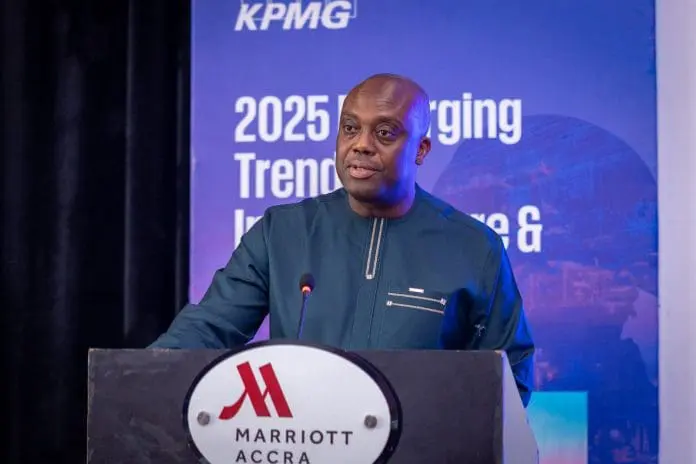
WASHINGTON — Congressional Republican leaders today put forward a stopgap funding bill to keep money flowing to the federal government through Nov. 21, but notably left out the White House’s request for an extra $3.9 billion for Columbia-class submarines.
Lawmakers face a ticking clock to get the bill through the House and Senate to avert a government shutdown, with only six legislative days left before federal funding expires on Oct. 1.
The draft stopgap bill is largely a “clean” continuing resolution, meaning that funding is for the most part kept at the same levels of the previous fiscal year. That was no exception for the Defense Department, which would see little change as a result of this legislation.
The White House had advocated for the addition of $3.9 billion for the Columbia class submarine in a list of “anomalies” sent to Capitol Hill, Inside Defense reported last week, but the CR does not include that funding.
However, the bill does include authorities allowing the Pentagon to increase the “rate of operations” for the E-7 Wedgetail prototype program and the Virginia-class submarine — an anomaly that essentially provides greater flexibility for the department to increase spending on those programs as needed for the duration of the CR.
The bill also includes language to extend the Defense Production Act — set to expire at the end of September — until the CR runs out, giving lawmakers more time to either hammer out a longer extension or to amend the current legislation.
Like other CRs, it includes language forbidding the department to start new programs using funding from the bill as well as for use on multiyear contracts.
The White House and Republican appropriators had been at odds about how long to extend the CR in the weeks before its release, with the administration seeking a CR that ran through Jan. 31 while the leaders of the spending committees hoped for a shorter duration ending in November — enough time, they said, to pass full year appropriations bills.
House Speaker Mike Johnson, R-La., wants to push the bill through the House by Friday, but it could face a fight for passage. GOP leaders drafted the CR without Democrat involvement, despite Democrat leaders foot-stomping that support for the bill would be contingent on Republicans coming to the table on health care.
“[Republicans] control the House, the Senate and the White House. … It is on them to put a plan that funds government to the table,” Rep. Pete Aguilar, chairman of the House Democratic Caucus, said during a press conference this morning “They have chosen not to engage Democrats. So my assumption is that they have the plan and they have something that has the votes.”
At a separate press conference, Johnson contended that the issue of extending Obamacare subsidies “is a December policy issue, not a September funding issue” and would not be considered as part of the CR conversation.
Further complicating the CR’s passage is the likely opposition of hardline fiscal conservatives, who have been griping about the prospect of another short-term funding stopgap over the past few days. (In previous votes for controversial spending legislation like this year’s reconciliation bill, Johnson has successfully turned GOP members in favor of voting for the legislation, typically by involving the White House.)
The situation could also be sticky on the Senate side, with Republicans needing 60 votes to pass the bill but holding only a 53-vote majority. Senate Majority Leader John Thune told reporters this morning that he is planning on holding lawmakers over the weekend for a procedural vote on the bill that would allow lawmakers to make a final vote when they return to DC on Sept. 29 after a weeklong break.
The Defense Department has been under a continuing resolution for the entirety of FY25, marking the first time ever that Congress was unable to pass a defense budget for the year.
Rep. Ken Calvert, chairman of the House Appropriations defense subcommittee, told Breaking Defense in an interview earlier this month that the full year CR had been “destructive” for the Pentagon, and that Congress must do everything in its power to pass appropriations bills this year.
Under the FY25 CR, “we’re still open and doing business as the Department of Defense … [but] it’s damaging to the day-to-day operations of the department,” he said. “It’s not why people send members of Congress to do this job, to have continuing resolutions. It’s to have us work this out and to fund the United States government.”



